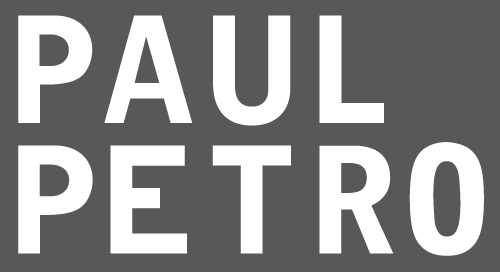Genetic Transformation Unit for the Colonisation of Mars
Stéphane Gilot
April 12 - May 10, 2003
Genetic Transformation: INNER and OUT THERE
the farther we seek, the closer we are to our origins
In the Genetic Transformation Unit for the Colonisation of Mars, the visitors enter a space where they are subjected to a series of radiations aimed at changing their genetic baggage, allowing them to adapt to Mars' climate.
The Unit is a hybrid architectural space bringing together three irreconcilable elements:
1. A salon which, in French, can mean living room, lounge, and also tanning/beauty salon.
2. A cinema theatre with seats facing a screen; in this case there is a single long and curved sofa facing a monitor housed in the cone of radiation.
3. A hallway with an entrance on each side: a passage where visitors run into people sitting comfortably, gazing straight ahead. Is this a private gathering or a public screening?
As technology evolves, it is leading evolution: the future is drawn more than ever by scientific discovery. Are social and political behaviors evolving at the same pace? This "scientific anticipation" allows me to bring together two concepts. On one hand, I am questioning science's ability to alter the inner self as it increases the mechanization (reification) of the body. On the other hand, I am experimenting with the game of hybridizing usual space function, creating contexts for relational behaviors in transformation: especially when the border between private and public space is constantly shifting.
The prospect of Mars' colonisation is a way to reconsider the history of colonisation. It brings to light the pathetic and violent marches of humankind through the idealization of the body and the myth of a new world. Someday humans will call themselves Martians: what values and ideals would bring forth a society built away from Earth?
In fact, when and in which conditions can we call a place home?
